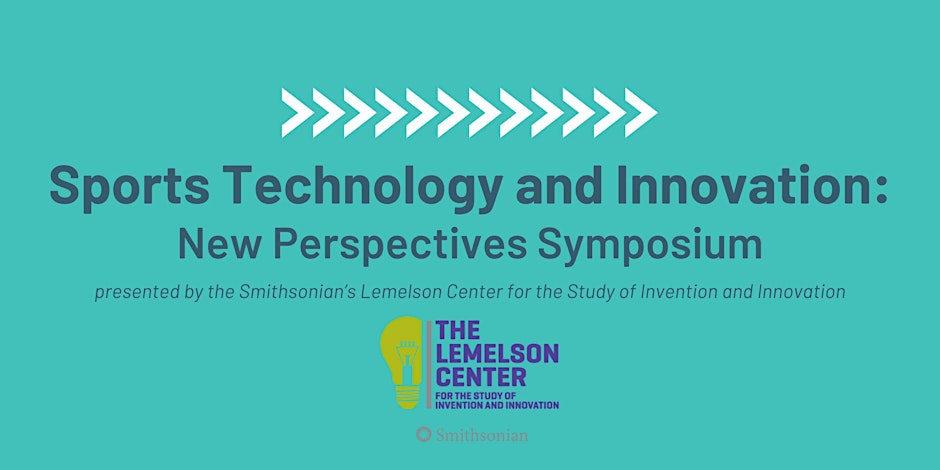
Sports Technology and Innovation: New Perspectives
Date and Time
Monday, October 21 — Tuesday, October 22 9:00am — 6:00pmLocation
1300 Constitution Avenue NW Washington, DC 20001Ticket Information
https://www.eventbrite.com/e/sports-technology-and-innovation-new-perspectives-tickets-969323932977?aff=ebdssbdestsearchHosted by
Smithsonian's Lemelson CenterEvent Description
In Game Changer (2017), Rayvon Fouché argued that modern sports have been radically transformed by scientific and technological advances in materials, training, nutrition, and medicine. Indeed, from elite professionals to recreational “weekend warriors,” sports technologies can make the difference between victory and defeat, safety and injury, participation and exclusion. Moreover, athletes regularly engage in “user innovation” (von Hippel, 2006) to develop advanced technologies for their own benefit. Meanwhile, players’ unions, sports federations, and fans collectively influence whether certain sports technologies are widely adopted, regulated, or rejected.
To further explore these ideas, this two-day in-person symposium will examine the different motivations that inspire inventors to develop game-changing technologies, their creative processes, and the often-surprising sources of their ideas. It will investigate the high-tech apparel, protective gear, adaptive prostheses, medical advances, officiating technologies, AI algorithms, and training equipment that infuse all modern sports. We will also explore how athletes, coaches, and general managers engage in non-technological innovation when they introduce new training regimens, “bodily techniques,” (Loland, 1992) and front office strategies. The symposium will examine the social and cultural reception of sports technologies, the passionate debates they spur, and the myriad ways they change the games, for better and worse. Finally, we will explore different approaches to the assessment, regulation, and governance of sports technologies and examine why game-changing innovations are ultimately adopted or rejected.